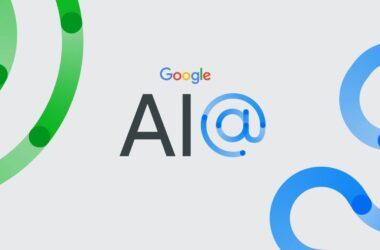In a move that has been met with both excitement and concern, IBM has announced plans to replace up to 7,800 human jobs with artificial intelligence (AI) over the next five years. The company’s CEO, Arvind Krishna, said that the decision was made in order to “stay ahead of the curve” and “ensure that we are using the latest technologies to deliver the best possible experience for our clients.”
Krishna went on to say that AI is already having a major impact on the way IBM does business and that the company expects to see even more benefits in the years to come. “AI is helping us to automate tasks, improve efficiency, and make better decisions,” he said. “It is also helping us to create new products and services that we could never have imagined before.”
While Krishna’s comments are certainly positive, they also highlight the potential challenges that AI poses to the workforce. The International Labour Organization (ILO) estimates that up to 800 million jobs could be lost to automation by 2030. While some of these jobs will be replaced by new ones, many workers will need to retrain in order to stay ahead of the curve.
IBM is not the only company that is embracing AI. In fact, a recent study by McKinsey & Company found that 80% of the world’s largest companies are already using AI in some capacity. As AI continues to develop, it is likely that even more companies will follow IBM’s lead and automate their workforces.
This trend has the potential to have a major impact on the global economy. While some workers will benefit from the new opportunities that AI creates, others will be displaced. It is important to ensure that governments and businesses take steps to mitigate the negative effects of AI on the workforce and ensure that everyone has the opportunity to benefit from this technology.
In addition to the potential job losses, there are also concerns about the ethical implications of AI. For example, some experts worry that AI could be used to create autonomous weapons systems that could kill without human intervention. Others worry that AI could be used to create systems that discriminate against certain groups of people.
It is important to address these concerns head-on. Governments and businesses need to develop ethical guidelines for the development and use of AI. These guidelines should ensure that AI is used for good and not for harm.
The rise of AI is a major technological development that has the potential to transform the world. It is important to embrace this technology and use it to create a better future for everyone.





